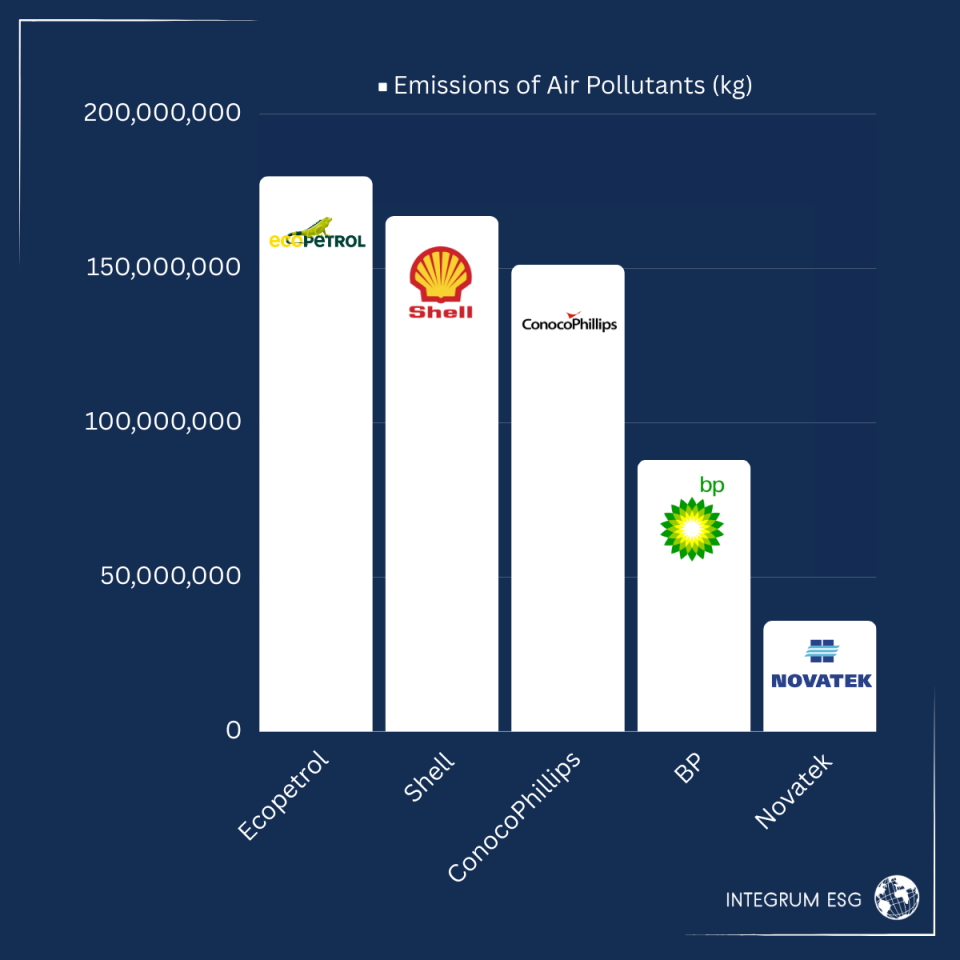
The Disastrous Impact of Gas Flaring
Oil and Gas companies carry out flaring and venting as part of the oil extraction process, burning the waste gas (flaring) or releasing it (venting) into the atmosphere.
But what is the importance of flaring?
It is carried as a safety precaution, allowing stabilisation of pressure variations, mitigating against the potential dramatic increase of pressure during crude oil extraction.
The flaring process releases a number of toxic chemicals contributing to climate change and air pollution. Notably the release of volatile organic compounds (VOCs) and black soot has a significant effect on air quality.
The release of VOCs has been linked to human health issues, such as liver and kidney damage but notably leukaemia. VOCs released from flaring contain benzene, a carcinogenic to humans, causing acute myeloid leukaemia.
The burning of this natural gas has an impact of air quality and human health on a titanic magnitude.
The damage caused by flaring & BP’s culpability
The negative externalities of carrying out flaring has been noted in Rumaila, Iraq where flaring has caused high incidence of leukaemia as documented by Ali Hussein Jaloud in ‘Under Poisoned Skies’ who recently died of leukaemia at 21 years old as a consequence of living next to one of BP’s largest oilfields.

BP’s combined air emissions are significant at 88000000kg for 2022, ranking them the 24th highest air emission emitter from 184 companies in the Oil and Gas sector within the Integrum ESG universe.
Interestingly within BPs report they do not specifically mention VOCs by name, instead referring to ‘Non-methane hydrocarbons group’ within their emissions disclosure, amounting to 39000000kg. BP’s sustainability reports do not mention any human health related impacts from the air emissions they are responsible for, although ironically, they do advocate alignment to the UN Global Compacts 10 principles which include human rights alongside policies advocating enhancement of well-being for local communities.
Such sentiments from BP do not seem to extend to local communities near its drilling operations who suffer due to the release of VOCs into the air, which is ongoing.
While there has been an effort by some governing bodies to crackdown on flaring gas, these sanctions are arguably not enough – for giants like BP, they remain almost untouchable, and the message being sent to all Oil and Gas companies is that such despotism will receive minimal punishment.
Written by Integrum ESG Analyst Jack Morphet.